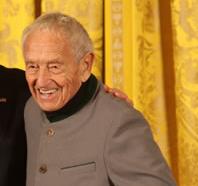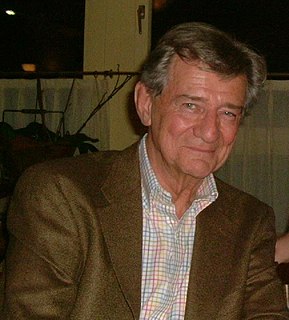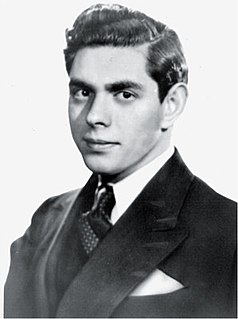A Quote by Jack Vance
Then there was Clark Ashton Smith, who wrote for Weird Tales and who had a wild imagination. He wasn't a very talented writer, but his imagination was wonderful.
Related Quotes
Isaac Watts, of course, is a hymn writer in the tradition of Congregationalism who lived in the seventeenth and early eighteenth century. He is very interesting and important because he was also a metaphysician. He knew a great deal about what was, for him, contemporary science. He was very much influenced by Isaac Newton, for example. There are planets and meteors and so on showing up in his hymns very often. But, again, the scale of his religious imagination corresponds to a very generously scaled scientific imagination.
Henry Corbin creates the world - most of all his examination of the imagination and what the imagination was for him. Some philosophers would think of the imagination as a synthetic ability, how you put different things together. Artists more think of the imagination as creativity. So I really like the way that he presents the imagination as a faculty that allows one to experience worlds that are not exactly physical but are real nonetheless.
I had an incredibly full life with my imagination: I used to have all sorts of trolls and things; I had a wonderful world around my toys and invented people. I don't mean I had imaginary friends; I just had this big imagination thing going on. I didn't need any imaginary friends, because I had so much other stuff going on.
































